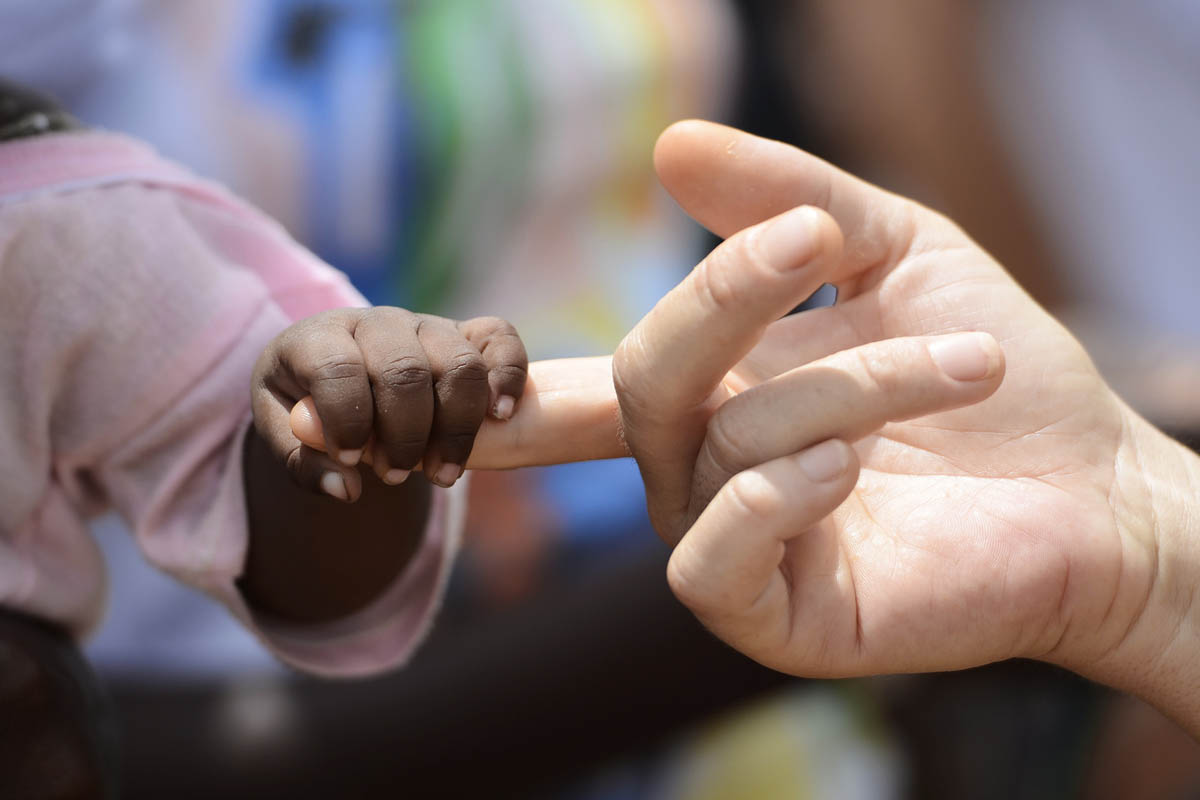10 children die as fire breaks out at hospital in UP’s Jhansi
At least 10 children were killed in a fire that broke out at a hospital in Uttar Pradesh's Jhansi district on Friday evening, officials said.
In an ideal situation, parents are resource points and emotional pillars, to be utilised to develop the scaffolding of a child’s personality.

Photo: iStock
In an ideal situation, parents are resource points and emotional pillars, to be utilised to develop the scaffolding of a child’s personality. But in cases, parents with emotionally damaged mindset, could lead adverse results particularly at the backdrop against an era of jet-speed competition.
With aggressive digitalisation dominated by artificial intelligence, the biggest game changer across the world, it is high time to be aware of such an issue to search for solution points for the development and growth of children.
The sixth Arup Ghoshal Memorial Seminar, ‘Parenting Style: Impact on Mental Health’ was organised by Eastern Zonal Psychological Association (EZPA) at Jadavpur University on Sunday.
Advertisement
Prof Bhaskar Gupta, vice-chancellor (VC) of JU kicked off the programme.
Prof (Dr) Nilanjana Sanyal, former head of the department of psychology, Calcutta University said, “Psychoanalysis emphasises formative process of child’s early years particularly their relationship with primary care giver usually parents. Interactions between parents and children lay the foundation for developing ego of the latter, and build up personality that manages external world and internal desires.”
“Psychoanalysis also suggests unresolved issues in children lying latent in their unconscious mind manifest later in life as anxiety, phobia, and self-destructive behaviour. Through therapy individuals can explore past experiences, gain insights in their defence mechanisms, and develop healthier coping strategies,” Prof Sanyal said.
Prof Madhucchanda Sen, head of the department of philosophy, JU felt that research needs to be done based on certain questions she raised before the audience.
According to Dr Rima Mukherjee, senior consultant psychiatrist, her role as a parent was very challenging. She asked mental professionals not to be judgemental but to be empathetic with the parents to understand their struggles, which in turn has a great influence on a child’s personality. “Parachute Parenting” with hollow praise and reassurance with a critical environment is to be substituted by helping them to develop strength in coping with negative situations of life particularly in the digitalised world.
Prof Samar Kumar Mondal, philosophy department of JU, and coordinator of the centre for counselling services cited that good parents should be good listeners. Unconditional love with acceptance, secure attachment with positive discipline helps in developing confidence, motivation, responsibility without developing behavioural problems.
Payal Ghosh, a parent educator, said parenting should be done in accordance with three age group people, with 2-5 years old, with 6-11 years (junior) and when growing up reaches the teenage group (grown-up group) parents role become very vital as they must lay emphasis on their decision-making skill in a non-judgemental way, teach them to be empathetic and show gratitude giving them suggestions when required and appreciating their outcomes.
Advertisement